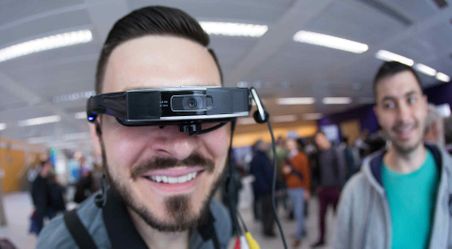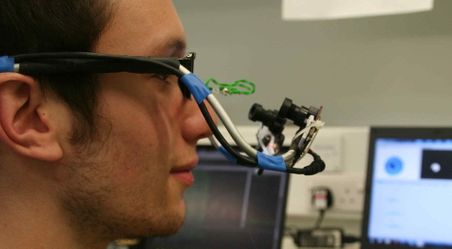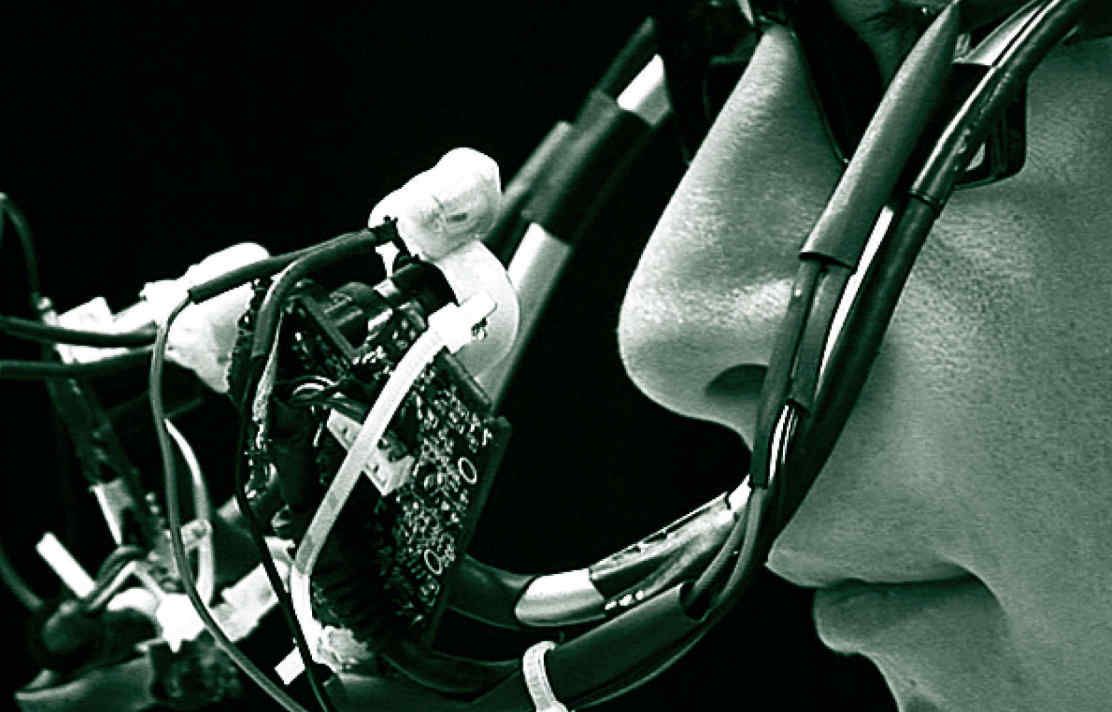Career pathways
Students of the MSc Human and Biological Robotics programme will study exciting material at the forefront of this emerging discipline. Students will have the opportunity to gain a deep understanding of human and biological robotics, along with skills in entrepreneurship and interdisciplinary collaboration. As such, we expect that graduates of the programme will find employment with many types of organisation, including: research and academic institutions; high-tech companies; large corporates; and start-ups.
In particular, graduates of this programme may be especially well placed to consider careers in the following areas:
- Research: in universities, in research institutes, in industry, and in healthcare
- Design and production: of advanced medical devices, biomimetic systems and assistive devices for humans in a biomedical context
- Freelancing and entrepreneurship in related fields
- Technical or commercial consulting: for companies operating in human and biological robotics fields
Further information about careers and support available
Here are a just a few examples of the career destinations of alumni from the Human Robotics Group at Imperial:
- R&D Group Leader, Hocoma, Switzerland
- Research Assistant, Department of Bioengineering, Imperial College London
- Senior Researcher, CNRS, Paris
- Analyst, Wellcome Trust, UK
- Senior Researcher, Princeton Plasma Physics Laboratory, USA
- Associate Professor, ETHZ, Switzerland
- Senior Manager, China National Petroleum Company
- Group Leader (R&D), Bosch, UK
50% of recent alumni from the group have gone on to academia or research; 31% have joined high-tech companies; 12% have gone on to other companies or organisations; and 8% have joined research institutes.
Students are advised to discuss their career aspirations with their personal tutor at an early stage of the programme, and to make use of Departmental and College resources available to support them in their career development.
Students will have opportunities to actively engage with and contribute to the Imperial Robotics Forum, which is one of the largest European networks for robotics activity and includes over 20 laboratories from across Imperial College London.
The Department of Bioengineering also hosts a number of seminars, talks, and outreach and public engagement activities throughout the year, which students are encouraged to attend. These events offer good networking opportunities and a chance to find out more about potential career opportunities.
Students are encouraged to join student societies to further develop their networks and connections. These include the Imperial College Bioengineering Society, and the Imperial College Robotics Society. The Imperial College Robotics Society runs workshops, competitions and lectures to teach about robotics, electronics and software as well as providing help to students looking to start a robotics project.
Module selection
As part of the programme, students will study some core modules, and will also have opportunities to specialise further through elective modules. Students can select elective modules to suit their own preferences (within the constraints of the programme structure and Departmental guidelines), or alternatively may wish to consider choosing complementary modules to build up experience in a specific area. Several possible themes for the programme are described below. Students may wish to choose modules from within a theme to help them direct their learning and experience towards a certain focus. However, note that these are illustrative examples to facilitate course choice; it is not compulsory that students choose modules within these suggested themes.
Students may choose a practical-based module, which will enable them to nurture creativity. They will also complete an independent research project as part of this programme. This project is a significant piece of work and which could be tailored towards student’s specific interests, aims and aspirations. Some example project titles are highlighted within each theme below.
Suggested themes for the Human and Biological Robotics programme

Biological theme
Students interested in pursuing careers within a biological theme might select a combination of modules to include some of the following:
- BE9-MBMIME Biomimetics
- BE9-MHASP Hearing & Speech Processing
- BE9-MBMX Biomechanics
An example independent research project title closely related to the ‘biological’ theme is “Spatial arrangement of photoreceptors in insect compound eyes and estimation of directional motion”.

Robotics theme
Students interested in pursuing careers within a robotics theme might select a combination of modules to include some of the following:
- BE9-MBMIME Biomimetics
- BE9-MHASP Hearing & Speech Processing
- BE9-MBMI Brain Machine Interfaces
An example independent research project title closely related to the ‘robotics’ theme is “Motor learning for a humanoid robot”.

Health theme
Students interested in pursuing careers within a health theme might select a combination of modules to include some of the following:
- BE9-MCNS Computational Neuroscience
- BE9-MHASP Hearing & Speech Processing
- BE9-MBMX Biomechanics
An example independent research project title closely related to the ‘health’ theme is “Design of a small robotic proprioceptive stimulator for premature babies”.

